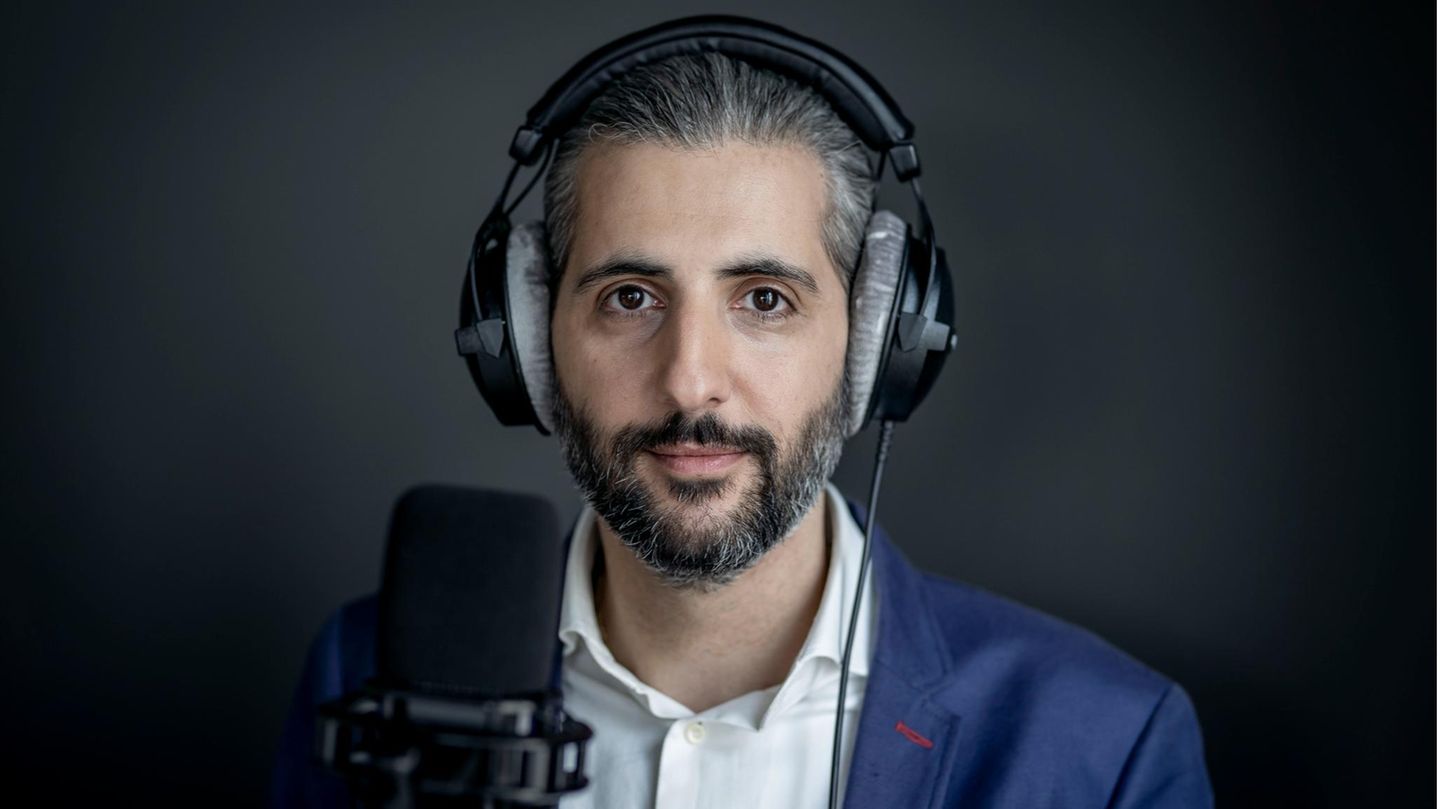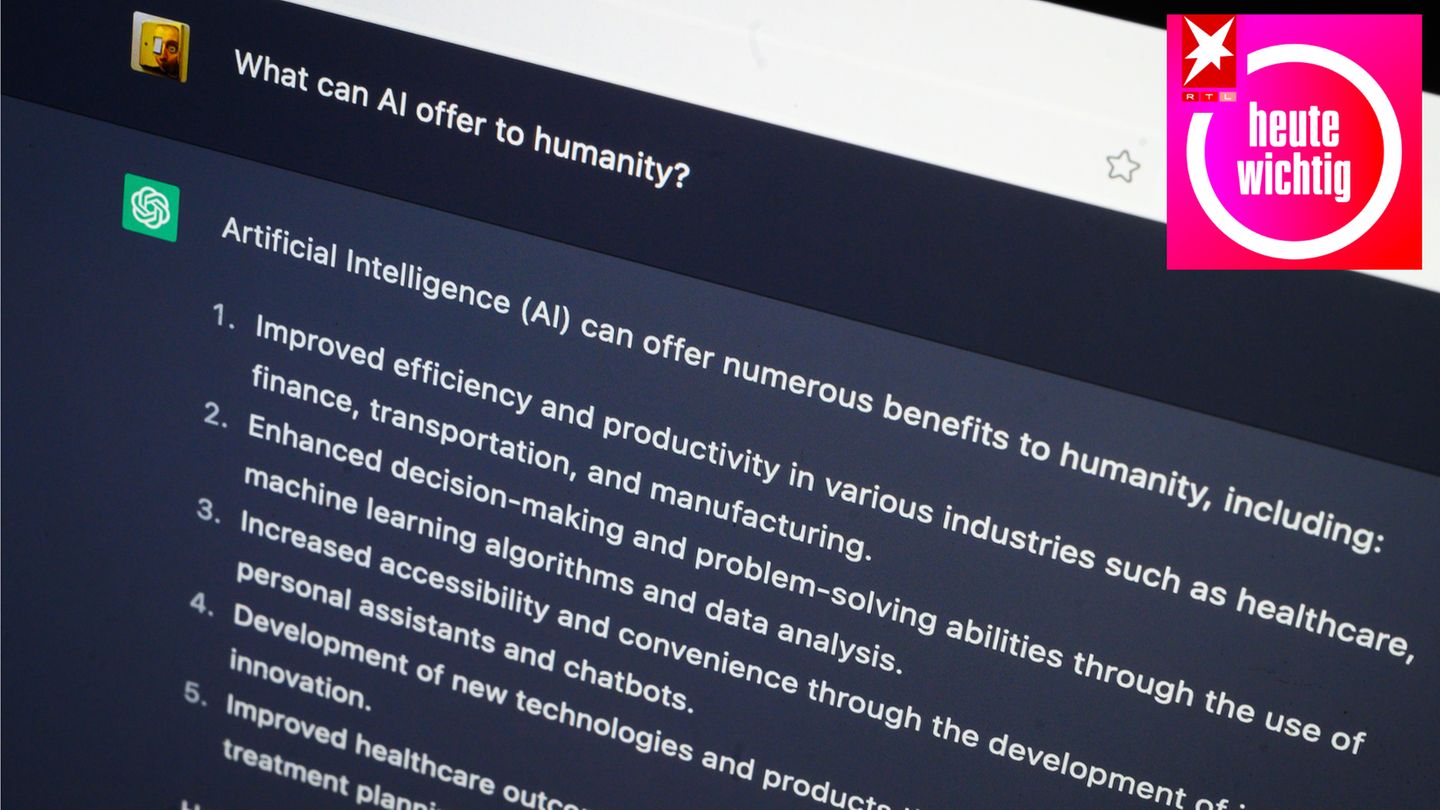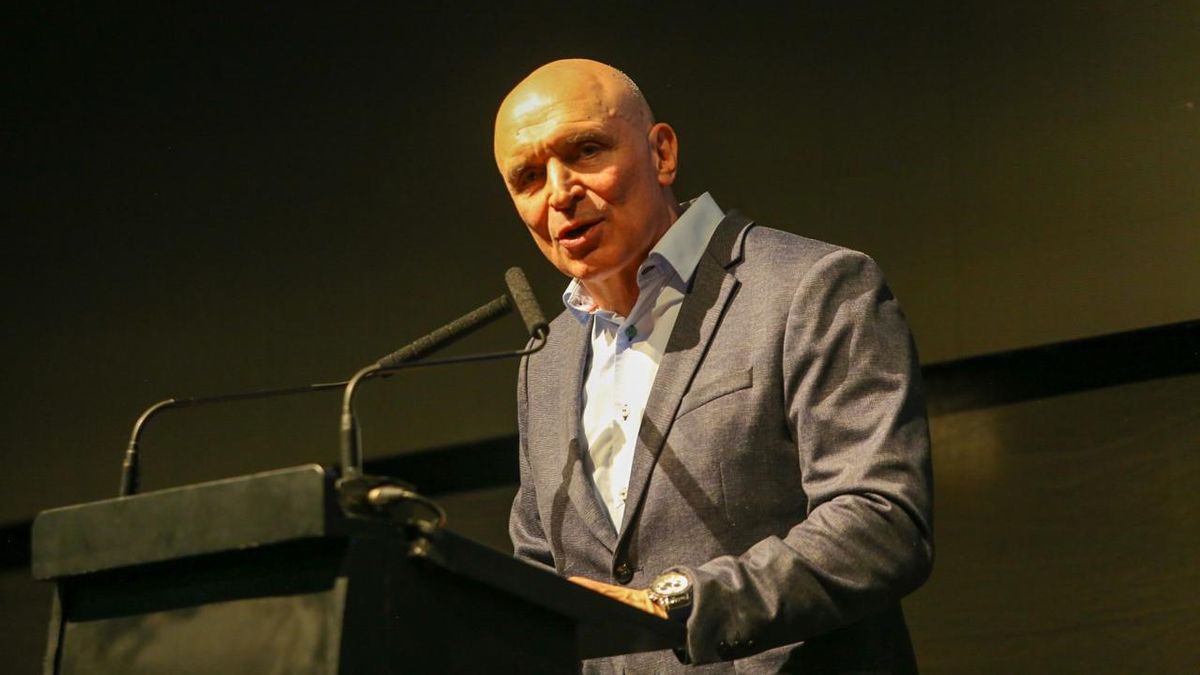A few keywords for ChatGPT – and the artificial intelligence formulates entire texts from them. But how exactly does that work? And could AI research become dangerous?
The idea of artificial intelligence (AI) is still shaped by science fiction. A machine that thinks for itself and might want to take over the world? That scares a lot of people. There is a lot of talk about AI at the moment. Especially since the launch of the ChatGPT software.
ChatGPT is seen as a real quantum leap in AI research and is widely used. It is so popular that sometimes the website is visited by too many people at the same time and that’s why it crashes for a few hours. In the 471st episode of the “Today Important” podcast, AI expert Tina Klüwer talks to host Michel Abdollahi about AI and says: “What you definitely can’t expect is human-like intelligence.”
Artificial intelligence (AI) as a useful tool for everyday life
According to Tina Klüwer, ChatGPT is “a logical consequence of technological developments in recent years.” Thanks to the software, it is possible to create entire texts using individual keywords. No wonder, then, that many students use the program to have their homework written by the AI. However, Klüwer warns against blind trust in ChatGPT. Klüwer is a computer linguist and has been researching chatbots at the German Research Center for Artificial Intelligence for years. Basically, the developers of the software “feed the entire public Internet of texts to then see what this machine does with the text information,” says Klüwer. So there is no guarantee that every text is 100 percent correct.

© TVNOW / Andreas Friese
“important today”
Sure, opinionated, on the 12: “today important” is not just a news podcast. We set topics and initiate debates – with attitude and sometimes uncomfortable. Host Michel Abdollahi and his team speak out for this star– and RTL reporters with the most exciting people from politics, society and entertainment. They let all voices have their say, both the quiet and the loud. Anyone who hears “important today” starts the day well informed and can have a well-founded say.
To put it in the words of the AI expert: “There is a whole lot of junk on the Internet.” So it can happen that false information circulating online leads to a text output by ChatGPT also passing on this false information. Therefore Klüwer describes the software only as a tool. It helps to get ideas or inspiration, for example, just like a hammer helps people to get a nail into a wall.
The fear of being replaced by AI: “Of course work will change”
However, there are also critics who distrust any kind of artificial intelligence because they are afraid that the machines could develop a kind of life of their own. Klüwer clearly contradicts this and uses ChatGPT as an example: “It is very important that the machine has no will. We are dealing with software here.” So the machine does not think for itself, but only works with what it is told. “People are always in charge. The people are the ones who give the order and the people are also the ones who receive and process the results.” If such AIs do something negative, it is only because there are people behind them who had negative intentions.
Another fear some people have about new technologies is losing their jobs. “The fear must definitely be taken seriously,” says the AI expert. New technologies, also in the field of AI research, will automatically make jobs redundant. At the same time, she emphasizes that many examples in history have shown “that with the advent of a new technology, jobs are not usually lost in large numbers, but that new ones are also created.” So AI is an opportunity for change that doesn’t necessarily have to be bad.
“Germany is rather sluggish with new technologies”
Tina Klüwer was also appointed to the Federal Government’s Future Council by Federal Chancellor Olaf Scholz. In the “Today Important” podcast, she criticizes how Germany and the EU are dealing with the rise in AI technology: “Here in Europe, we’re more concerned about how we can ban it,” she says. “There will be Europe-wide legal regulation for artificial intelligence, which will make it very difficult for developers.” This is intended to allow the developers to prove that their software is not malicious. The problem with this is that in this way European countries cannot compete with countries like the USA or China and are falling behind. That doesn’t surprise the computer linguist, however, because she draws the following conclusion about the way Germans deal with new technologies: “We’re not the classic early adopters.”
Your subscription to “important today”
Don’t miss an episode of “today important” and subscribe to our podcast at: , , , , or in your favorite podcast app. If you have any questions or suggestions, please write to us.
Source: Stern
I have been working in the news industry for over 6 years, first as a reporter and now as an editor. I have covered politics extensively, and my work has appeared in major newspapers and online news outlets around the world. In addition to my writing, I also contribute regularly to 24 Hours World.




